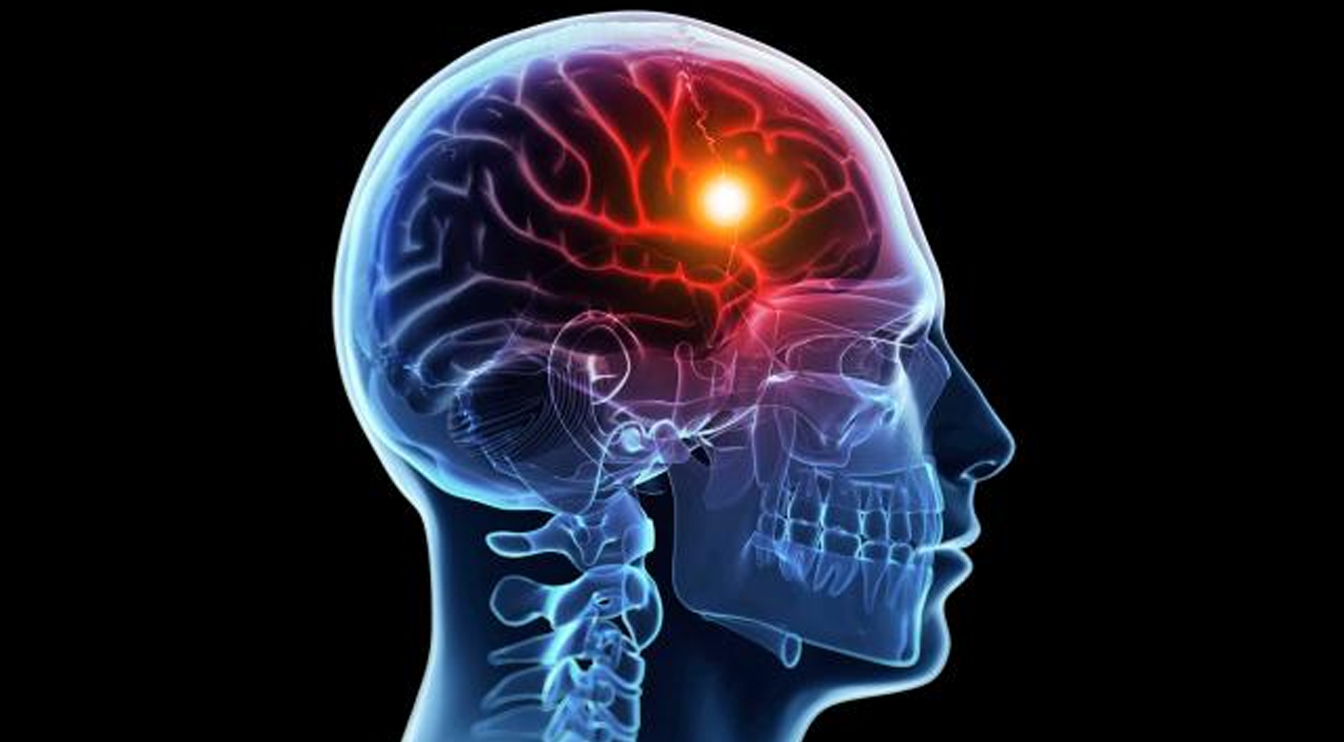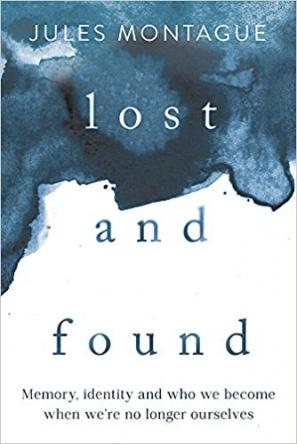 First link. As promised, a follow-up to my previous post.
First link. As promised, a follow-up to my previous post.
Second link. I can recommend Lost and Found , a recently published book by Dr Jules Montague, a neurologist from London with whom I shared a discussion on Radio Scotland yesterday. For those of us with an interest in all things brain – at least from a lay perspective – this is a fascinating read. The book explores identity and its loss through a series of stories about individuals whose memories and identity have been changed by brain injury, stroke or dementia. 
As readers of this blog will know, this echoes my own question following stroke – are the pre-stroke Eric and the post-stroke Eric the same person? I still do not know the answer to that question, or even if it is the right question, but thought has been provoked and further questions posed in my own mind by reading this book and having that discussion yesterday.
I have heard of stroke patients being told “You will never walk again”. In my own case I was sent home from hospital in a wheel chair after four months and it was strongly hinted that this and the splint attached to my left leg would for ever more be features of my life. I will never forget being told by a stroke nurse, after leaving hospital that my ambition should be limited to a nearby stroke club where I could “play dominoes”. Similarly, I will always be grateful to the independent physiotherapist who refused to accept things as they were and worked with me to improve my balance and walking. I will never be a Strictly* star, but then my partners in my previous life were never particularly flattering about my efforts on the dance floor, and probably still remember the bruised toes.
Jules Montague’s book may pose more questions than it answers, though for me it answers some, simply by offering reassurance that I am not weird for wondering about these things. Underpinning all the stories in the book, and all the clinical causes behind some of them, is the profound mystery that is the brain and the fact that in 2018 we still do not fully understand the complex inter-relations between brain, mind, memory and identity, which is why, in my view, no stroke patient should ever be offered a statement beginning with the words “You will never….” Neuroplasticity and the infinite complexities of the brain may make many things possible.
Third link. Since I am determined to finish on an upbeat note, here is a link to the inspirational website of Debra Meyerson, a former Stanford University professor, who is co-writing a book called Identity Theft about her personal experience of stroke, post-stroke identity and recovery.
The final link is to that BBC Radio Scotland programme I mentioned at the beginning of this blog. The programme will be first broadcast at 13.30 on Monday 19 March. It is called Personal Best. Thereafter available on BBC i-player, it is hosted by Gillian Russell. You will hear Jules talking sense and me rambling.
*Strictly – For non-UK readers, Strictly Come Dancing is a BBC television programme in which celebrities pair up with professional dancers in a weekly extravaganza of exotic dress, sequins and general brightly-coloured musical jollity.
